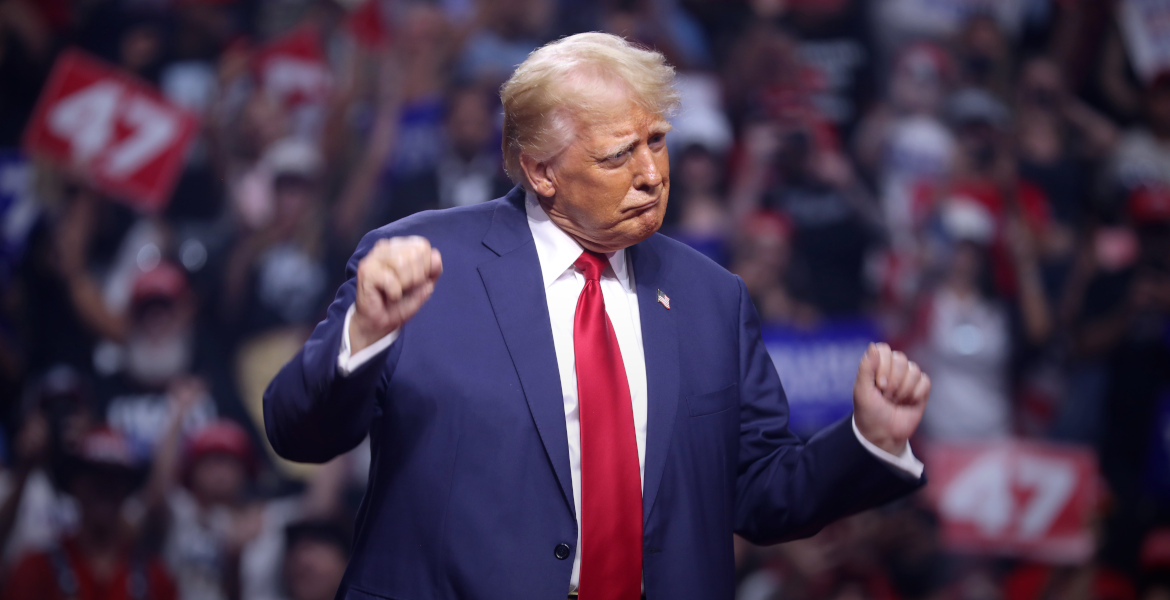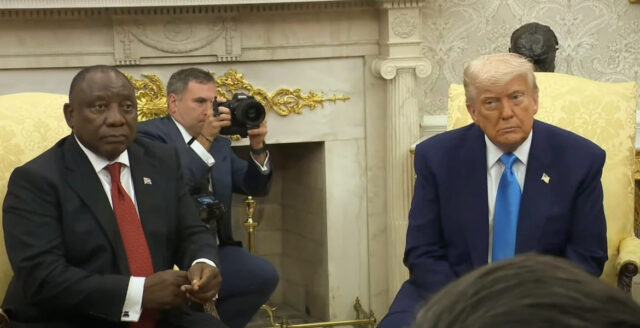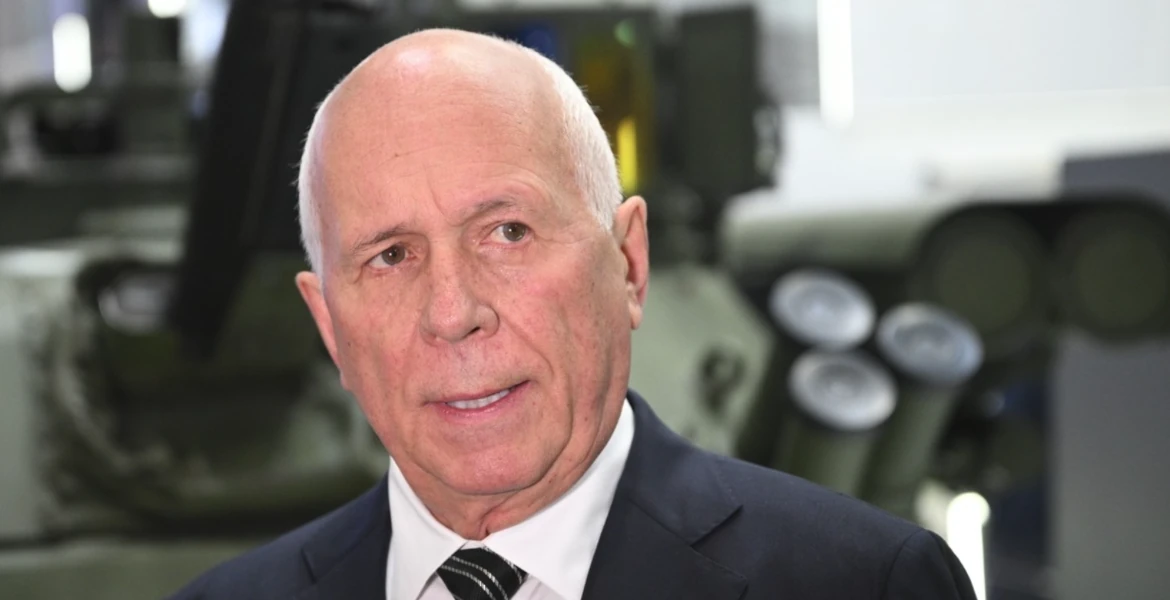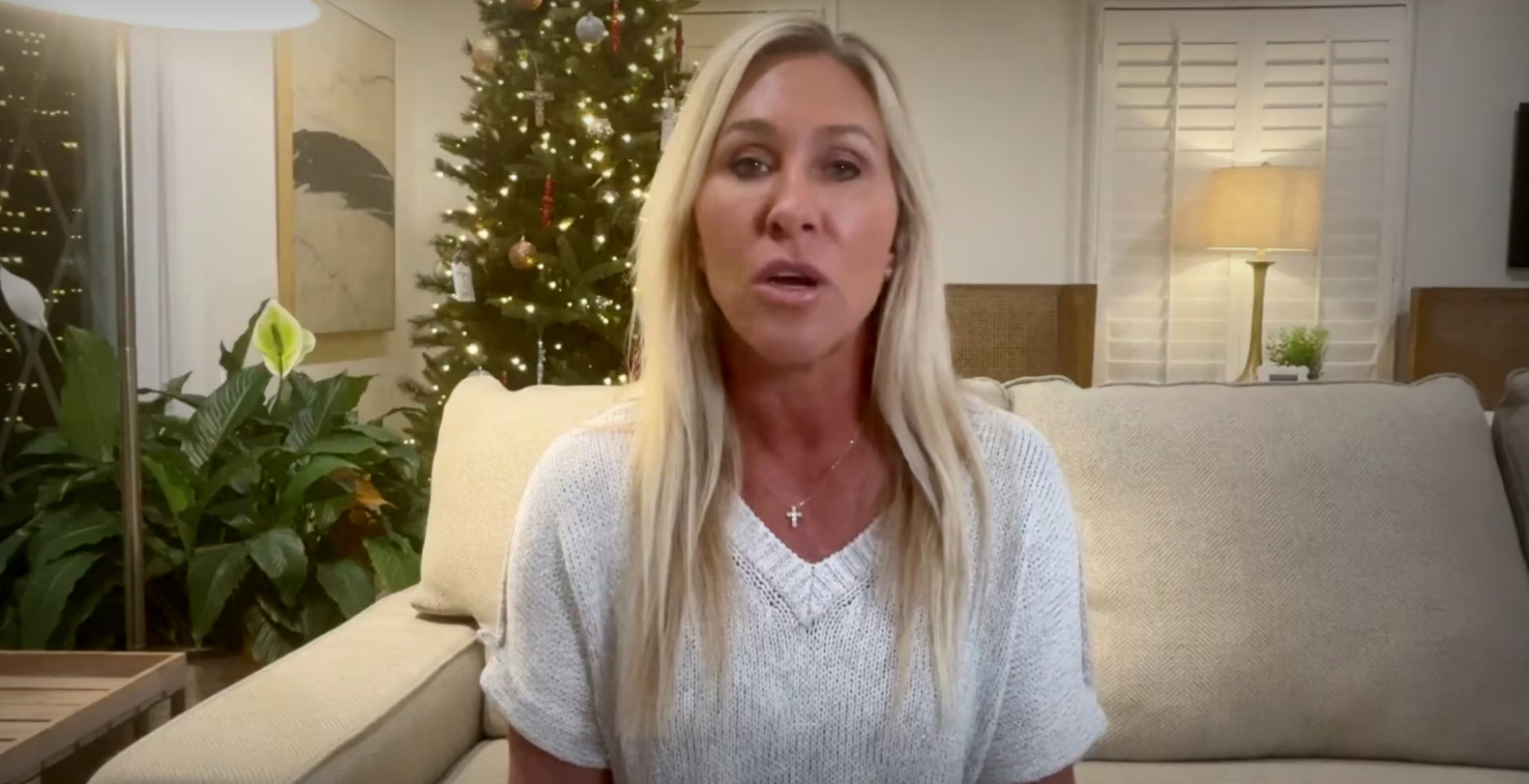In one of his first comments on the disaster on 30 September, US President Joe Biden told the public service channel C-Span about the government's response that "We've given everything that we have" and that local authorities "haven't asked for it yet".
At the same time, the government's arguably slow response to the hurricane and the general lack of emergency aid is being heavily criticised by those affected.
– Honestly, I don't know how you did not have a formal press conference from either president Biden or Kamala Harris. How do you not say anything for four days, and this is the first day we've heard, said one resident with relatives in the cut-off areas, who she said is in a dire situation and low on water, food and gasoline.
Asheville in particular, with a population of about 100,000, is said to be partially cut off from the outside world, forcing people to flee the city on a massive scale.
Amerikanska myndigheter kritiseras för krishantering av orkanen Helene pic.twitter.com/3KbYgeBl0c
— Nya Dagbladet, NyD (@NyaDagbladet) October 8, 2024
Controversial reports: Authorities sabotaging volunteer work
Several witnesses, including Pastor Chadwick Buckland of Legacy Church Global in Greenville, claim that some emergency aid has reached the worst-affected areas, but that this is being done by volunteers. Buckland and several other witnesses go so far as to accuse authorities of sabotaging aid deliveries, information that is echoed by other witnesses who believe that anonymous military helicopters have been flying at low altitudes, including in Burnsville, NC, in a way that has caused chaos for volunteers.
Donald Trump has criticised the FEMA agency in the same way. FEMA Director Deanne Criswell told MSNBC television that the allegations were merely a matter of spreading "disinformation", and reassured that the situation was under control.
– We have over 4500 people on the ground that have been here since before the storm made landfall, working side by side with our state counterparts in the communities with the local officials, and all I hear on the ground is gratefulness and compassion and a level of unity to make sure that we're getting people what they need.
Already, Helene is the deadliest hurricane to hit the United States since Katrina in 2005. Another major hurricane, named Milton, is moving east through the Gulf of Mexico toward Florida and is expected to make landfall Wednesday evening.
8PM EDT: This is nothing short of astronomical. I am at a loss for words to meteorologically describe you the storms small eye and intensity. 897mb pressure with 180 MPH max sustained winds and gusts 200+ MPH. This is now the 4th strongest hurricane ever recorded by pressure on… pic.twitter.com/QFdqFYFI7o
— Noah Bergren (@NbergWX) October 8, 2024





